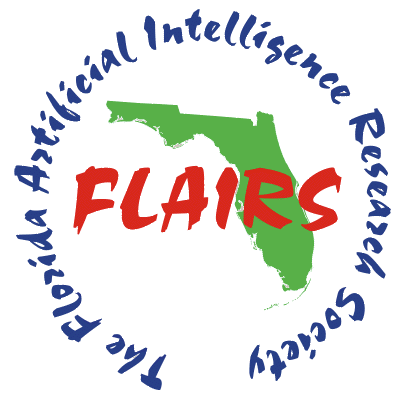Using Genetic Algorithms to Automate Scenario Generation and Enhance the Training Value of Serious Games for Adaptive Instruction
DOI:
https://doi.org/10.32473/flairs.37.1.135536Keywords:
automated scenario generation, genetic algorithms, novelty search, adaptive instructionAbstract
This paper discusses an end-to-end process to enhance the variability of serious game scenario conditions to support adaptive instructional strategies that select changes in sce-nario difficulty to match learning objectives to trainee ca-pabilities. This process can also be used to model or recog-nize human responses to serious game stimuli to support trainee feedback during after-action reviews (AARs). Adaptive instruction is a learning experience where inter-ventions (content selection and feedback) are tailored for each individual trainee or group of trainees. Adaptive train-ing has been shown to be as much as one to two standard deviations more effective than traditional classroom meth-ods. Our process starts with a few parent scenarios. The population of parent scenarios is automatically expanded using a Novelty search (genetic algorithm) methodology to optimize feature variability in the game-based scenarios. Specifically, this paper focuses on the process of creating new training scenarios of varying difficulty and conditions based on changes in scenario environmental factors (i.e., light, precipitation, wind, and cloud cover). The resulting new scenarios may then be run within a serious game with embedded intelligent agents to represent realistic entity behaviors under the scenario-specified conditions. The ability to morph conditions and scenario difficulty during an adaptive training event is a significant benefit of this process.
Downloads
Published
How to Cite
Issue
Section
License
Copyright (c) 2024 Robert Sottilare, Christopher Ballinger Ballinger, Matthew Litvinas, Shuowen Hu, Christopher McGroarty

This work is licensed under a Creative Commons Attribution-NonCommercial 4.0 International License.


